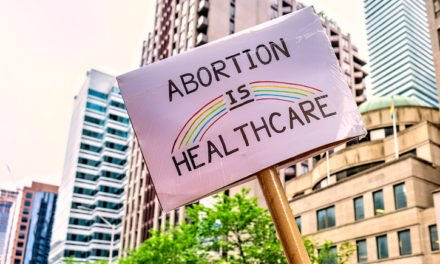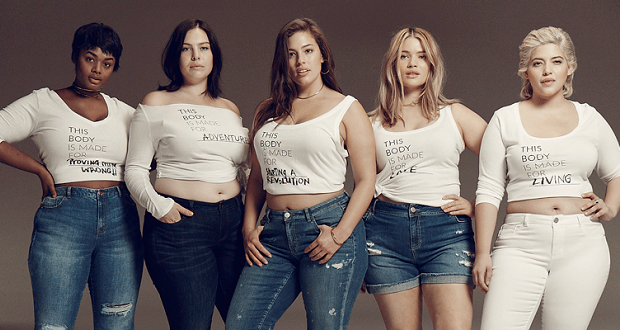
Content Warning: this post includes discussion of mental health struggles and death by suicide within the broader context of systemic racism.
The nation was shocked a few days ago to hear of the untimely death of former Miss USA, Cheslie Kryst. Kryst, who identified as a Black woman, jumped to her death from a Manhattan building. Looking from the outside, the 30-year-old had everything to live for. An attorney who tried to help reform America’s justice system, as well as a fashion blogger and entertainment news correspondent, Kryst had accomplished a great deal in her short life. Her last Instagram post said, “May this day bring you rest and peace.”
A week before Kryst’s death, actress Regina King’s 26-year-old Black son, Ian Alexander Jr., died by suicide. He, too, seemed to have everything to live for: An artist who had just released a new single, a DJ and celebrity chef who had a very tight bond with his mother. However, 5 days before he took his life, he described his mental state as “a bunch of mini Spongebobs just losing their s**t…yea that one really hits home.”
Right around the same time, the 44-year-old Black mayor of the City of Hyattsville Maryland, a suburb of Washington DC, apparently took his own life. He was described in the media as “beloved.” A study by Johns Hopkins Medicine researchers published in JAMA Psychiatry last year found that suicide deaths of Black Marylanders spiked 94% between March and May 2020 compared to the same time periods in 2017 through 2019. The same study found that suicide rates decreased 45% among white Marylanders during the same timeframe.
As I was writing this post, I learned of the death of yet another young Black male actor named Moses J. Moseley, who played in The Walking Dead. Initial reports suggested Moseley died by suicide (his family is now calling this into question). He was described in a headline in USA Today as having “the sweetest, kindest heart.”
We may never know the pain that these young Black people were experiencing that led to them taking their own lives, but we can surmise that their mental state was such that they saw no other alternative.
On the heels of several tragic losses, it feels appropriate that the theme for Black History Month this year is Black Health and Wellness.
On the heels of several tragic losses, it feels appropriate that the theme for #BlackHistoryMonth this year is Black Health and Wellness. Click To TweetAccording to a report, State of Mental Health in America, 13.4% of the population identifies as Black or African American, and of those, over 16% reported having a mental illness in the past year. This number is likely underreported, as stigma remains in many facets of the Black community around admitting you are experiencing mental health issues. More and more, we hear reports of law enforcement being called in to “deescalate” situations involving Black people, where it is later revealed that the individual was experiencing a mental health emergency. Self-reported suicide attempts rose nearly 80% among Black adolescents from 1991 to 2019, while the prevalence of attempts did not change significantly among those of other races and ethnicities. Another probably little-known statistic — suicide rates are rising at an alarming rate for Black girls. The Journal of the American Academy of Child and Adolescent Psychiatry found the suicide rate of Black girls increased an average of 6.6% each year — more than twice the increase for Black boys, the study said. Nearly 40% of the girls were 12 to 14 years old.
Suicide attempts rose nearly 80% among Black adolescents from 1991 to 2019, while the prevalence of attempts did not change significantly among those of other races and ethnicities. Click To TweetWhile mental health conditions occur among Black Americans at about the same frequency as white Americans, the reasons are often different. For Black people, these conditions more often stem from trauma and experiences of violence than for white people. Historical anti-Black Racism has led to oppression, marginalization and violence perpetrated against Black people. In recent years, compounding trauma-inducing events that disproportionately impacted the Black community have been consistent between the pandemic, police brutality, and divisive and racist political rhetoric. These factors are likely to lead to more chronic than episodic mental health issues. I write about how the external environment impacts Black health in my book, Black Fatigue: How Racism Erodes the Mind, Body, and Spirit.
While mental health conditions occur among Black Americans at about the same frequency as white Americans, the reasons are often different. For Black people, these conditions more often stem from trauma. Click To TweetA study conducted in 2019 by Georgia State found that experiencing discrimination early in life led to chronic worrying about it, which can cause significant “wear and tear” by increasing one’s allostatic load—lifelong buildup of stress—which in turn accelerates aging and puts African Americans at greater risk for chronic illnesses.
I am not a mental health professional. I have no credentials to confirm why these four young, successful Black people would choose to end their lives. I do know that living while Black, even if affluent, can lead to increased health problems in general. According to a study done by Ohio State researchers, self-reported health status got worse for Black people as they climbed the socio-economic ladder, whereas whites reported better health associated with higher socioeconomic status.
I don’t know to what extent race and racism played a role in these deaths. Regardless, as we explore Black health and wellness during this year’s Black History Month, we should make sure to raise awareness of mental health and rising suicide rates, and explore the potential connection to race-based trauma.
If you or someone you know needs help, please contact the National Suicide Prevention Lifeline at 1-800-273-TALK (8255), text “STRENGTH” to the Crisis Text Line at 741-741 or go to suicidepreventionlifeline.org
As we explore Black health and wellness during this #BlackHistoryMonth, we should make sure to raise awareness of mental health and rising suicide rates, and explore the potential connection to race-based trauma. Click To Tweet


















